Bumble and TikTok are coupling up! Unfortunately, it’s not so that they can fall in love, and we probably won’t see them grey haired and holding hands, surrounded by their grandchildren – but they hope that their pairing might help others to achieve the same thing. So let’s see what all of this is about. The combination of the platforms is pretty straightforward: it’s called ‘Date With Better Answers’ (snappy) and allows people to, um, share their interests and be their most authentic selves online.
Let’s start by discussing the first part of this. Sharing interests has always been used by any kind of matchup service to determine people’s compatibility, despite how popular the ‘opposites attract’ trope is in the media. Honestly, I don’t really buy it. Sure, my partner might enjoy some of the same activities as me, but if we’re relentlessly doing things together without a moment of respite, it might get pretty annoying.
I’m happy for us to spend some time together and some time apart in the hopes that this achieves a happy balance where we don’t become totally codependent. So, matching people up by analysing their interests? Sure, there’s something there…. But it’s not exactly reinventing the wheel.
Сampaign “Date with better answers”
The second thing worth noting is how bizarre the idea is that anyone is their most authentic selves online. We’ve seen jokes about this again and again, from the ‘how I look at Tinder vs how I look on Tinder’ tweets from a few years ago, to the understanding that although we might look professional in our Zoom meetings, under the camera’s gaze we’re wearing Cookie Monster pajamas and there’s a pizza from last night just outside the camera angle, waiting to be eaten.
I think we’re also all aware that things are not as they seem on social media. TikTok isn’t alone in this: Instagram and YouTube are also famous for sanitizing and editing our lives so followers don’t know that we’re actually unhappy, insecure and our ‘TikTok made me buy it’ products actually fell apart pretty quickly. I don’t include Facebook in this because, honestly, who still uses it? And why? It’s bad out there.
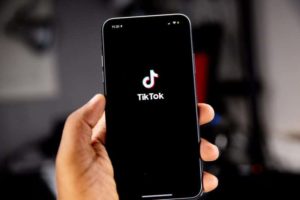
So if you look at my social media, please remember that I’m shorter, fatter, spottier and less happy than how I look on there. That’s true for everyone else as well. Which is funny, because that’s also true for dating profiles. Anyone who’s ever met up with someone from a dating app – be it Hinge, Bumble, Grindr or something more niche like ChristianMingle – will tell you that people aren’t who they seem.
They probably (hopefully) aren’t serial killers, but they might be a little bit more short, heavy, spotty and unhappy than they appear. My top advice is to avoid high heels so you don’t tower over your date because you’ve both ‘edited’ your height. Honestly, it’s kind of difficult to tell what this partnership actually is. Bumble is keen to say that it’ll help people showcase their interests and personality, but won’t unveil how they plan on doing this, or how they’ll measure results.
Sure, some people from TikTok have been roped in to… make a video about their passions? Isn’t that what TikTokers do anyway? I just don’t understand why watching someone who’s good at football ‘freestyling’ would make me a better girlfriend. I suppose it’s a good opportunity to cross-promote, but really, isn’t brand awareness pretty high for both TikTok and Bumble?
Bumble partners TikTok
TikTok has nearly 700 million users and Bumble has 42. They are both household names. I mean, sure, it makes sense that they’re both trying to grow, but there are already plenty of people using the apps and, unless you’re living under a rock, you know that they both exist.
Basically, I’m not really sold on this idea. There doesn’t seem to be a huge amount of information about what the companies are trying to achieve or how it’ll be carried out. Whilst I ideologically support the concept of people matching up, having fun and communicating well, I struggle to see what Bumble and TikTok are trying to do and how getting TikTokers to just do their normal jobs will help anyone achieve their goals.

Rachel Hall, M.A., completed her education in English at the University of Pennsylvania and received her master’s degree in family therapy from Northern Washington University. She has been actively involved in the treatment of anxiety disorders, depression, OCD, and coping with life changes and traumatic events for both families and individual clients for over a decade. Her areas of expertise include narrative therapy, cognitive behavioral therapy, and therapy for traumatic cases. In addition, Rachel conducts workshops focusing on the psychology of positive thinking and coping skills for both parents and teens. She has also authored numerous articles on the topics of mental health, stress, family dynamics and parenting.



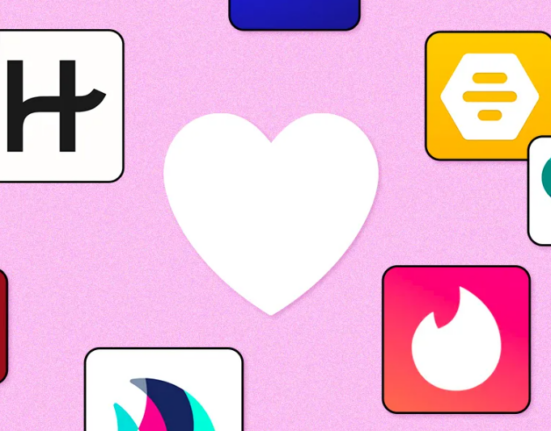



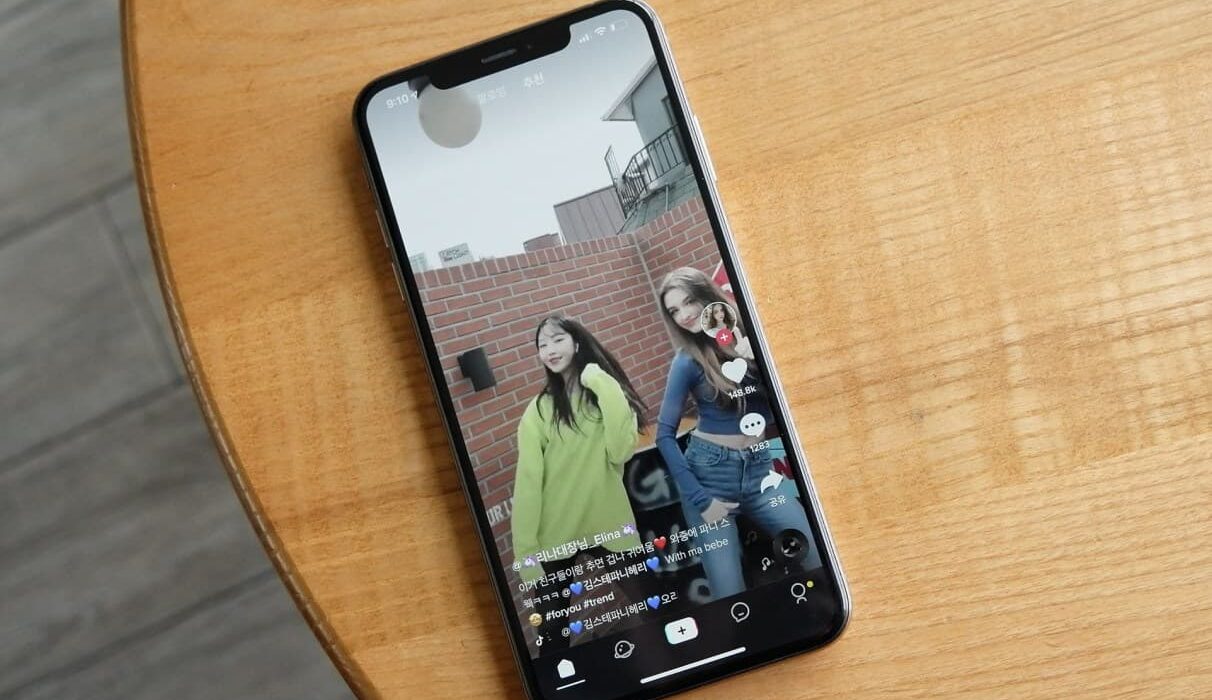
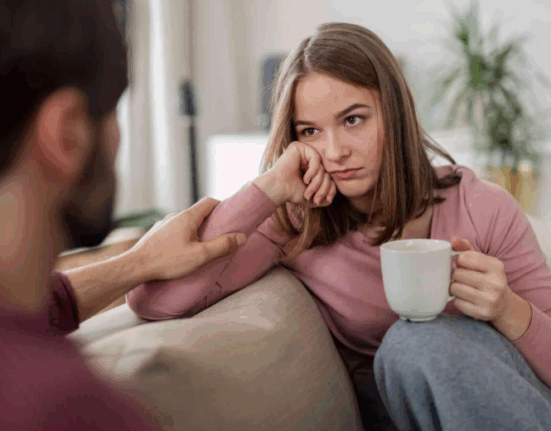
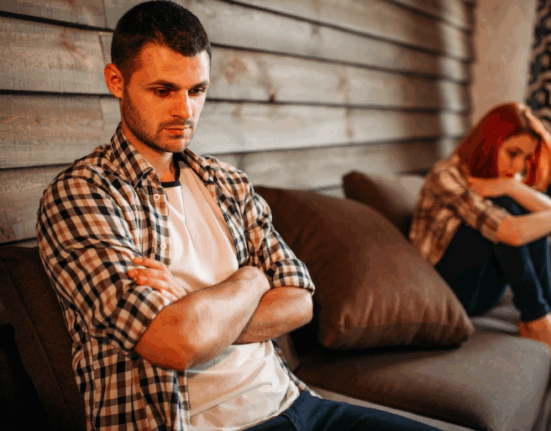

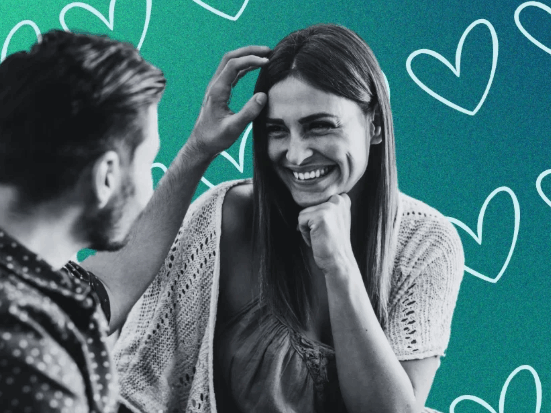

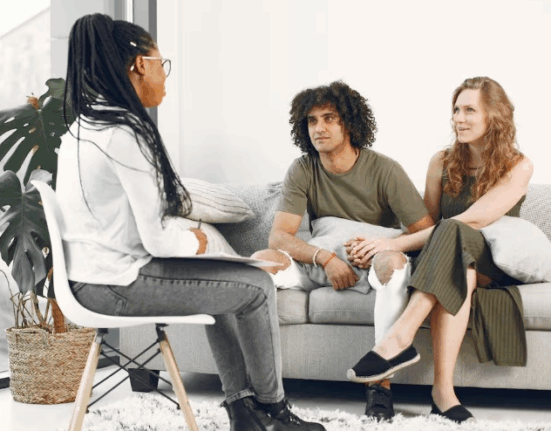
Leave feedback about this